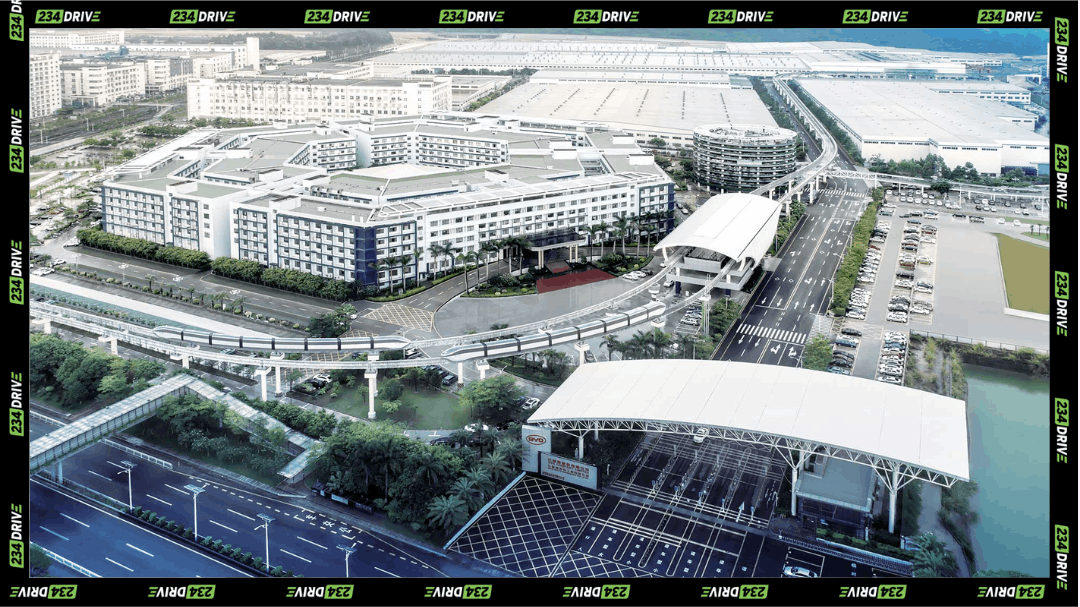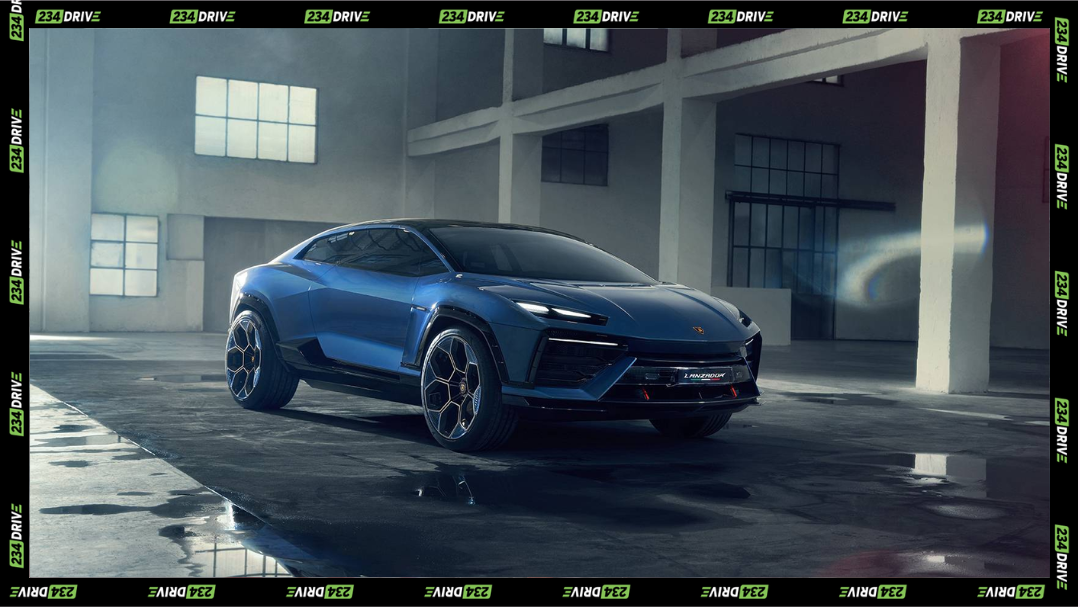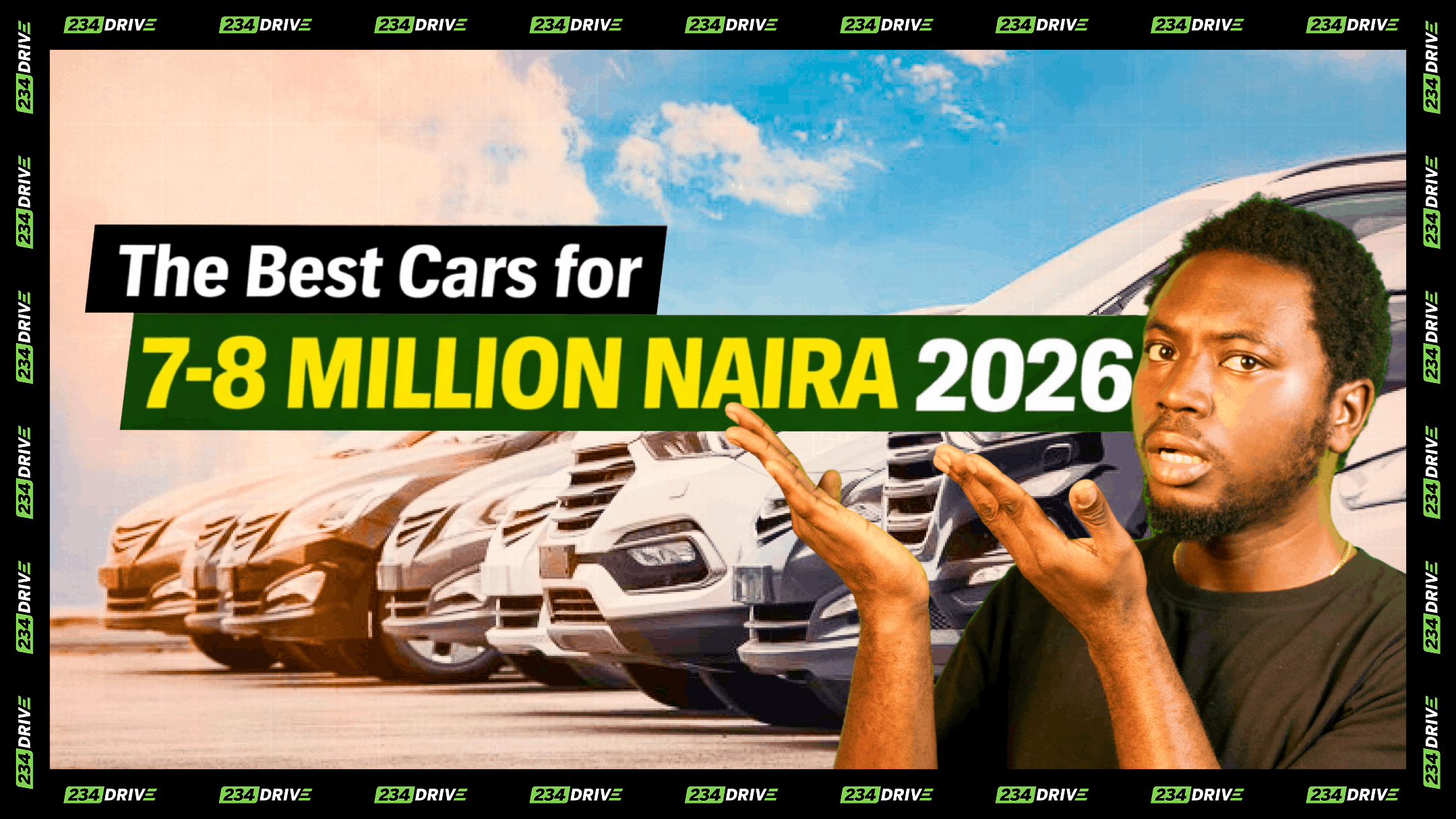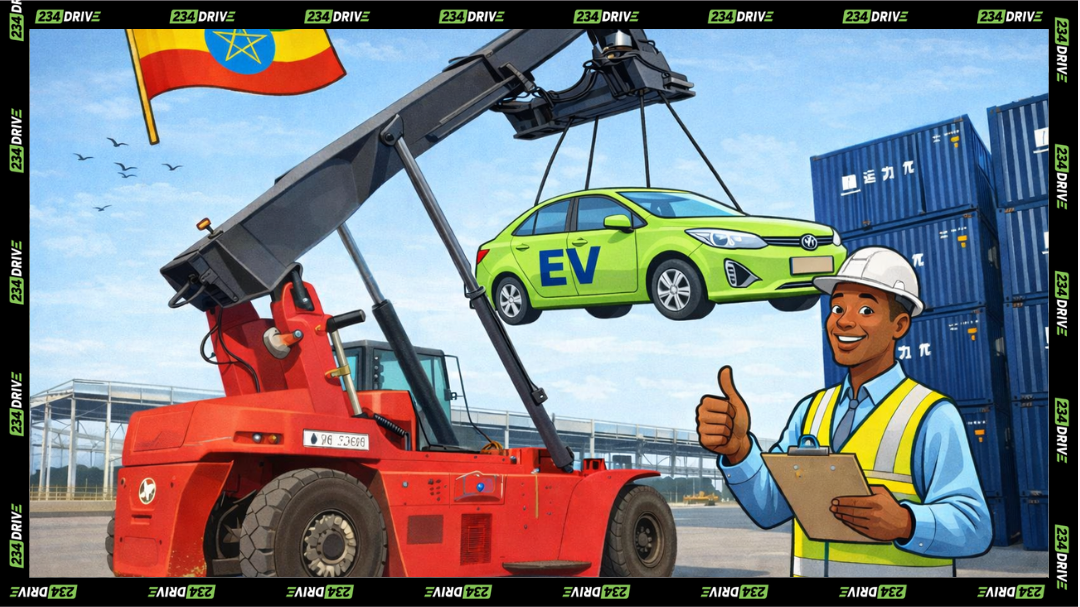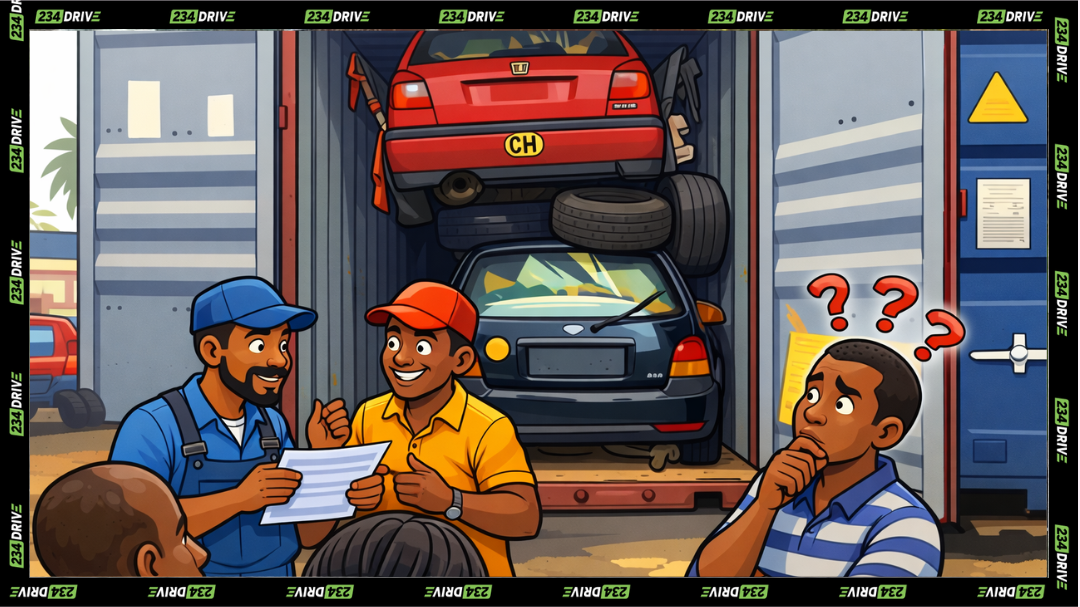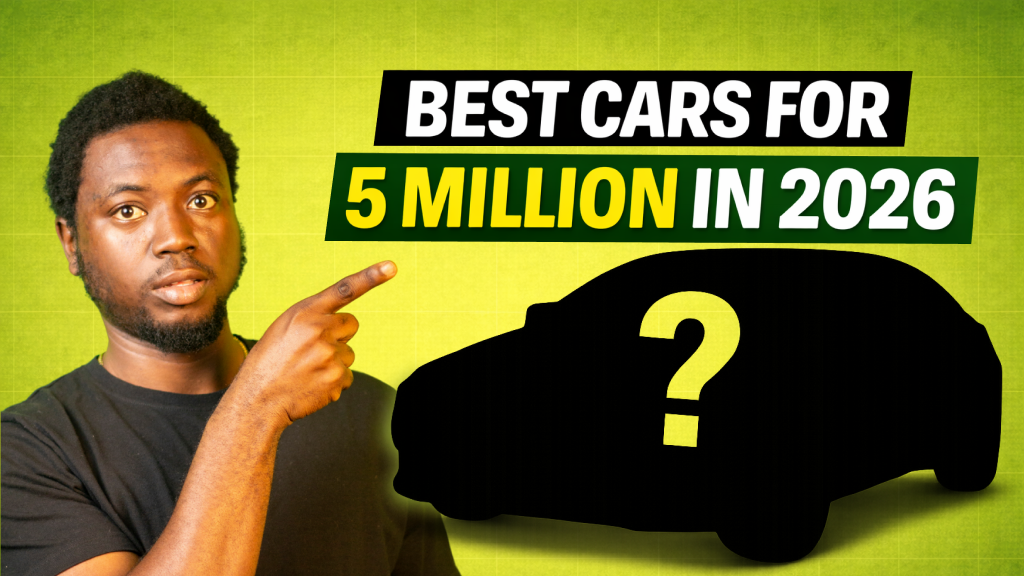Would you be willing to pick up a Volkswagen or Audi from the desert for free?
Across 134 acres of the Mojave Desert in Victorville, California, sit an estimated 350,000 Volkswagen (VW) and Audi vehicles. These cars, still in pristine condition, form what is now known as the Dieselgate Graveyard, a relic of one of the most damaging corporate scandals in automotive history.
In 2015, the Volkswagen Group was exposed for fitting its diesel cars with “defeat devices”, which are software programs that could detect when a vehicle was undergoing emissions testing and temporarily reduce pollutants to meet legal limits. The same vehicles on the road were emitting nitrogen oxide levels up to 40 times higher than permitted.
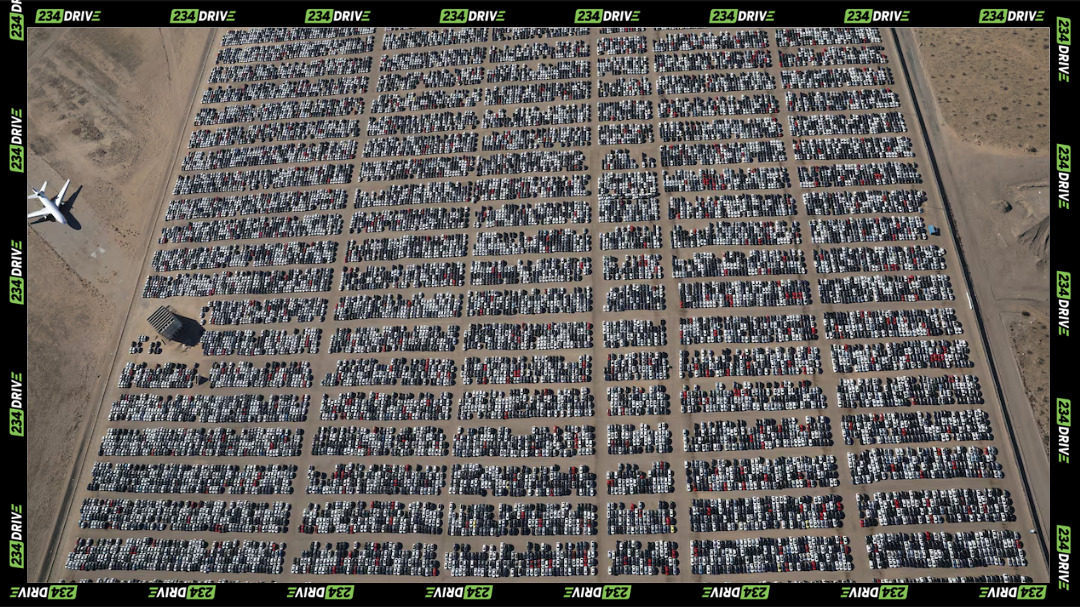
The revelation triggered global outrage, lawsuits, and regulatory crackdowns, ultimately forcing VW to buy back hundreds of thousands of affected vehicles in the United States alone. Unable to resell or export most of the cars—because they didn’t meet the standard anywhere—the company turned to the Mojave Desert for its arid climate and low humidity, which helps slow rust and decay.

Each of these dust-covered vehicles was once bought back from owners as part of Volkswagen’s multibillion-dollar settlement, costing the automaker over $7.4 billion by 2018. Over the years, Volkswagen has repaired and resold some of the cars that could be brought up to code, while others were dismantled or recycled. Still, many of them remain intact, sealed off from the market and serving as an engineered reminder of how corporate deceit can reshape entire industries.
While the Mojave site is just one of 37 storage locations VW once operated globally for these recalled vehicles, the Dieselgate incident is by far the most notorious, owing to the sheer volume of cars and players involved. No new purpose has been announced for the recalled vehicles, raising questions about their sustainability or the point of maintaining hundreds of thousands of unsellable cars indefinitely.
A United Nations Environment Programme (UNEP) report covering 2015–2018 found that roughly 14 million used light-duty vehicles were exported worldwide from Europe, the U.S., and Japan to low- and middle-income nations, with about 40% of those shipments going to Africa.
A wider UNEP study covering 146 countries found that nearly two-thirds—including many in Africa—had weak import rules, allowing vehicles banned in exporting nations to enter their markets.
This placed Africa as one of the prime export regions, but countries across the continent are working to draw a line. South Africa, Kenya, and Nigeria have begun tightening standards to prevent unsafe or high-emission vehicles from being dumped into the auto markets. In South Africa, for instance, Volkswagen was made to recall 150 vehicles—including Polo and Taigo models—for airbag and axle issues in June 2025. Kenya’s National Transport and Safety Authority has similarly restricted the import of vehicles older than eight years to curb environmental and safety risks. The same goes for the authorities in Ghana, who have had an import ban on vehicles 10 years or older.
The continent’s growing vigilance shows a repositing; Africa is no longer a convenient dumping ground for Europe’s problem cars. The same regulatory vigilance that grounded Volkswagens in the Mojave is now gaining strength in African markets as the region moves hand in hand with the world towards greener and more sustainable transport models.
So even if you were willing to pick up one of the cars from the Mojave desert for free, you wouldn’t be able to legally drive it anywhere.


